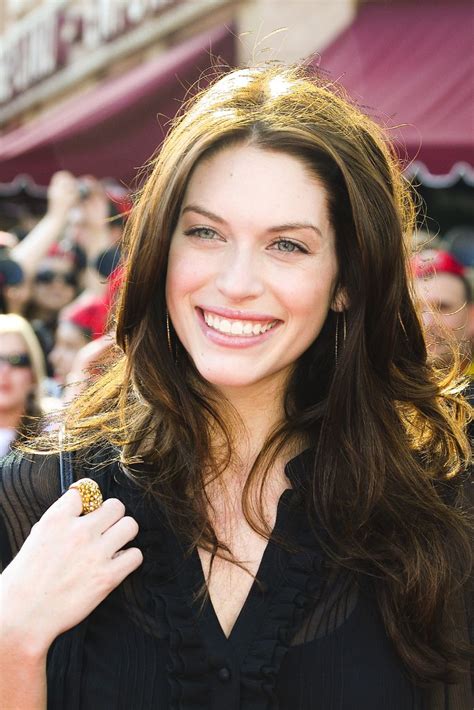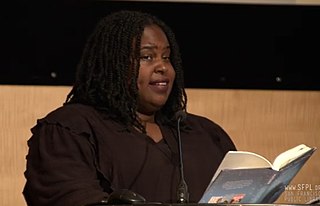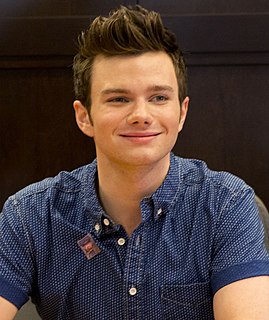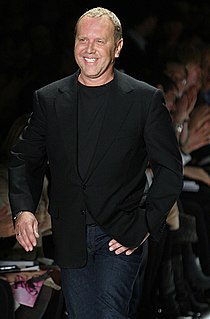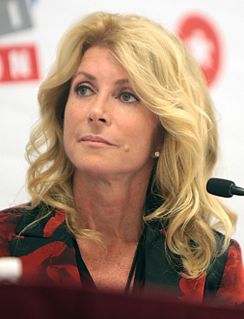A Quote by Kim Smith
I think I have always wanted to tell stories. My mother was the real catalyst. I kept talking about it and so she pulled out a story I wrote (and illustrated) back in elementary school. She used that as proof that I should be writing and had been doing so unconsciously for years.
Related Quotes
I always wanted to be an actor. I was one of those lucky kids - or cursed kids - who always knew what he wanted to do. My wife too. She's a ballet dancer, and she's known what she wanted to do since she was 5. My mother used to tell this story about how our TV set had been taken to be repaired, and back then, they took the set out of the console. So there was this empty console with an empty TV screen in it, and I would climb inside and be like, "I'm on TV!"
Francie was ten years old when she first found an outlet in writing. What she wrote was of little consequence. What was important was that the attempt to write stories kept her straight on the dividing line between truth and fiction. If she had not found this outlet in writing, she might have grown up to be a tremendous liar.
You're sad-looking," she said. "My grandson used to be such a happy boy. He used to write me stories. I remember the first story he ever wrote me, 'Once upon a time, there was a boy.' And that became 'Once upon a time there was a boy who wanted to fly.' And they kept getting better and better over time. I never found out if the boy got to fly." I gave her a small smile. If only she knew the boy's wings had been clipped.
As long as people have been on this earth, the moon has been a mystery to us. Think about it. She is strong enough to pull the oceans, and when she dies away, she always comes back again. My mama used to tell me Our Lady lived on the moon and that I should dance when her face was bright and hibernate when it was dark.
The idea of the book ["The Japanese Lover"] came in a conversation that I had with a friend walking in the streets of New York. We were talking about our mothers, and I was telling her how old my mother was, and she was telling me about her mother. Her mother was Jewish, and she said that she was in a retirement home and that she had had a friend for 40 years that was a Japanese gardener. This person had been very important in my friend's upbringing.
My mother lived her life through movies and books - she read everything there was to read. And she read to me every night. I never went to sleep without her reading to me. And she fantasized about the book and she would talk about it, the place, and you would think that after she read the book and after she told you stories about it, that she had actually been there. I learned about story from her, and I learned the value of a great story, and the value of great characters.
He began to trace a pattern on the table with the nail of his thumb. "She kept saying she wanted to keep things exactly the way they were, and that she wished she could stop everything from changing. She got really nervous, like, talking about the future. She once told me that she could see herself now, and she could also see the kind of life she wanted to have - kids, husband, suburbs, you know - but she couldn't figure out how to get from point A to point B.
I think my mother became the muse because she had everything when she was in Hollywood: she had the marriage, the success, the money, all the films she wanted to do and yet even her, she had a longing and wanted to work with a film that had meaning, something more profound. And I think that was very touching to father.
I think the trick is, how do you spend time doing it but make it look like you haven't spent time doing it? Over the years you look at women like Lauren Hutton and everyone says: 'She just pulled her hair back and ran out of the door.' I've been in fittings with Lauren and she definitely thinks about it. She just knows how to make it look easy.
When I think about that kind of spirit, I think about my mother, who is standing here with me tonight. My mother is the embodiment of what it means to have a Texas spirit, because she wanted nothing more than for her children to have a better life than she had, to have an education beyond the ninth-grade education that she had, to live happier lives, more successful ones than she had been able to live. And you know what? She raised the daughter who ran for governor.
